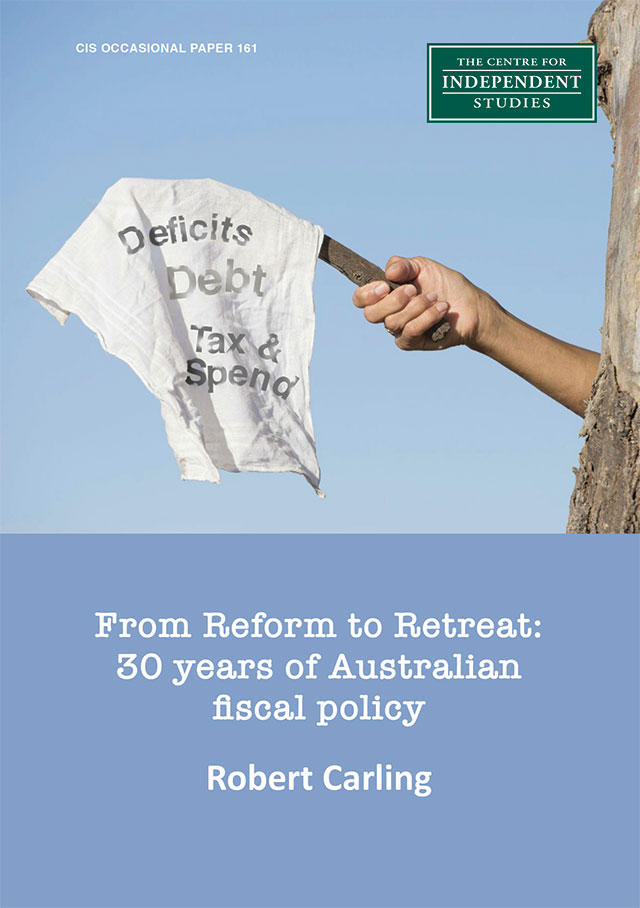
Australia entered an era of economic reform in the mid-1980s as policymakers resolved to liberalise the country’s economy and strengthen its public finances. Fiscal reform, which is the subject of this paper, was an important part of the process. These reforms included management of the fiscal balance and public debt, tax reform, expenditure management, efficiency improvements, fiscal federalism and improvements to the institutional framework. Australia has reaped benefits ever since. There is however evidence of growing complacency and reform fatigue, including backsliding on fiscal policy. The purpose of this essay is to describe the economic and political circumstances that led to the reform path, to detail and analyse the composition of the fiscal reforms, to draw lessons from the reform experience and to reflect on the risk that much of what has been achieved will be reversed. The goal is to remind readers that hard-won fiscal reforms have been highly beneficial and that abandoning the policy course that has served the country so well for the past 30 years would be foolhardy.










